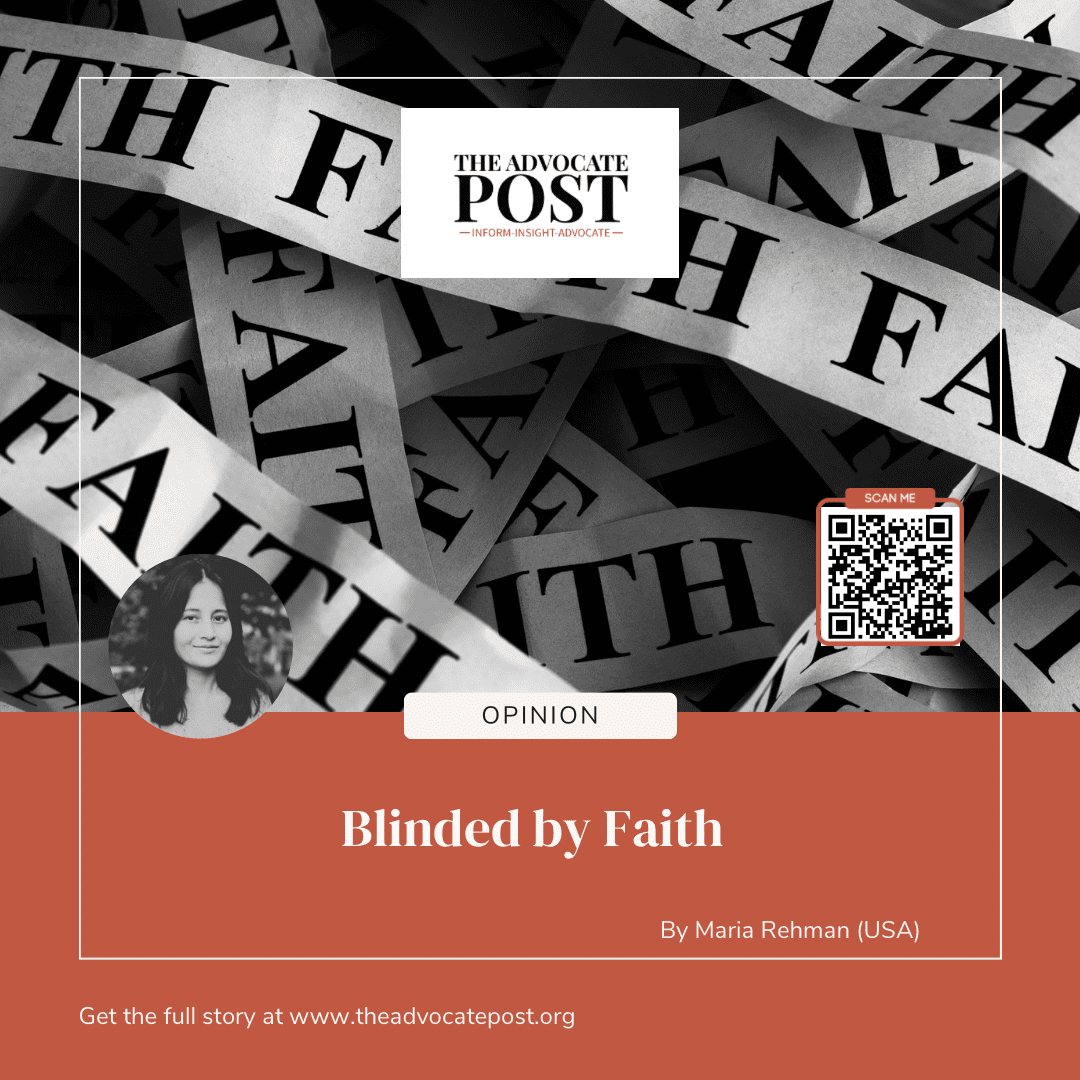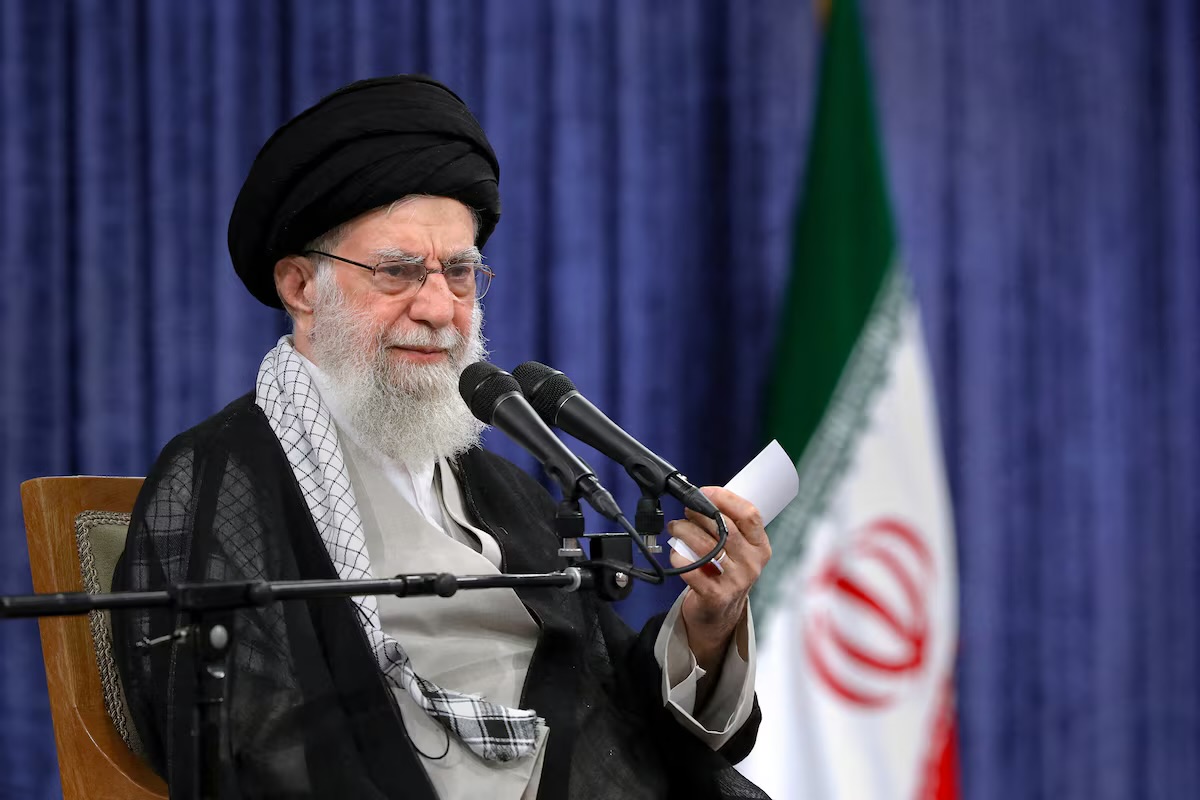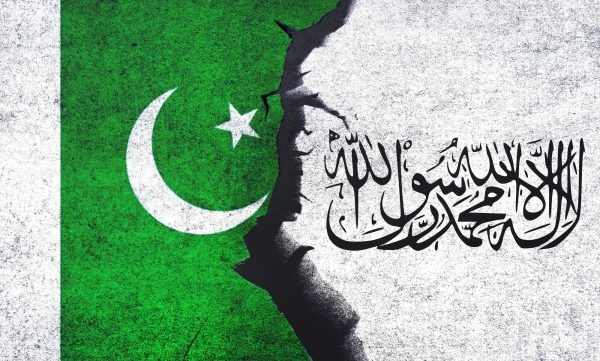By: Maria Rehman (USA)
A few days ago, a violent mob lynched a 36-year-old tourist from Sialkot in Swat over blasphemy allegations. The mob tortured and murdered the victim first and then ripped his clothes and burnt the body. Thousands of spectators surrounding the blazing body revived the memory of the Roman Colosseum, marking the end of an empire. Perhaps we have also started witnessing the demise of rational thinking in Pakistan at a mass scale. The most common elements between the colosseums and theaters produced by bloodthirsty mobs in Pakistan are the apathetic rulers and spectators enjoying the event. Such incidents demonstrate the lack of life safety and contrast the image of Pakistan that successive governments have tried to portray on a global stage. The ruling elite of Pakistan has always played safe and even populist when it comes to appeasing violent mobs. This Frankenstein created and fed by the religious, political, and military elite is here to stay and haunt the generations to come.
Unfortunately, the mob lynching incident in Swat was not the first or the last of its kind. Each year, scores of people suffer from blasphemy allegations and sometimes, the entire communities are lynched for the alleged blasphemy by a single person. For instance, in 2023, a mob in Jaranwala, Punjab destroyed houses, burnt shops and Churches, and attacked the residents of a Christian community over an accusation of desecration of the Quran. The minorities in Pakistan suffer the most from false blasphemy allegations. For instance, according to the Human Rights Commission of Pakistan, the people belonging to the minority communities are disproportionately impacted by the blasphemy allegations. It is easier to otherize the minorities, making the already shrinking community even more vulnerable.
However, amidst the intense radicalization of society, religious minorities are not the only group that is treated as them in the ‘us-versus-them’ mindset in the Muslim majority country. People having liberal and even moderate views are also a target of ostracization by religious extremists. The threat of religious extremism is looming larger than ever with the overall deteriorating situation in Pakistan where everything seems to be falling apart. Even the state machinery seems to have failed to protect the victims from the mobs who storm the police stations and kill the alleged blasphemers in some cases.
It is often believed that the lack of education is why people engage in such violent acts. However, the murder of Mashal Khan at a university campus in Peshawar tells a different story. The victim was murdered by his university fellows in broad daylight before being severely tortured. It was a politically motivated murder based on vengeance over some administrative issues. The alarming aspect of the whole issue is that it is very easy to instigate violence in the name of religion. In Pakistan, anyone could be at risk of mob lynching and murder regardless of their power or prestige.
From the murder of the governor of Punjab by his bodyguard to the mob lynching of the Sri Lankan national factory manager in Sialkot driven by his coworkers, the so-called motivation of the killers over blasphemy allegations is the same: preserving the sanctity of Islam and Islamic figures. It is however hard to gauge the exact drivers behind the lack of empathy of the religious extremists for the people acquitted by the courts and the system. For instance, after a trial spanning over a decade, Asia Bibi was vindicated by the court. She still had to flee the country based on the threats received by the far-right groups who did not believe her innocence.
Once accused, it is nearly impossible for a person to feel safe. Sometimes, the cases are quite absurd in logic but even the authorities succumb to the whims of the majority. In 2023, a woman wearing a gown with Arabic calligraphy in Lahore was falsely accused of wearing clothes with Quranic verses. She was almost lynched by the mob before the police intervened and relocated her to some place while people chanted murderous slogans. Under police custody, the woman apologized to the clerics instead of being apologized to. Thus, even the law enforcement system seems like a dwarf in front of the extremist mammoth.
Mob violence over blasphemy allegations is one of the worst public policy challenges that Pakistan is facing and needs to be rooted out. Religious extremism is the main cause of it and its reversal will require a lot of time and effort at the structural levels. The current law enforcement mechanisms seem to have failed in the face of mob violence. Therefore, the government should equip the police with training customized to the severity of the challenge. Lastly, since religion plays a huge role in people’s lives in Pakistan, the role of clerics can be monumental in educating the people to act like responsible citizens in the wake of such incidents. Targeting the hubs of extremism to mollify their preachings could reverberate positive changes in the attitude of the broader public.





